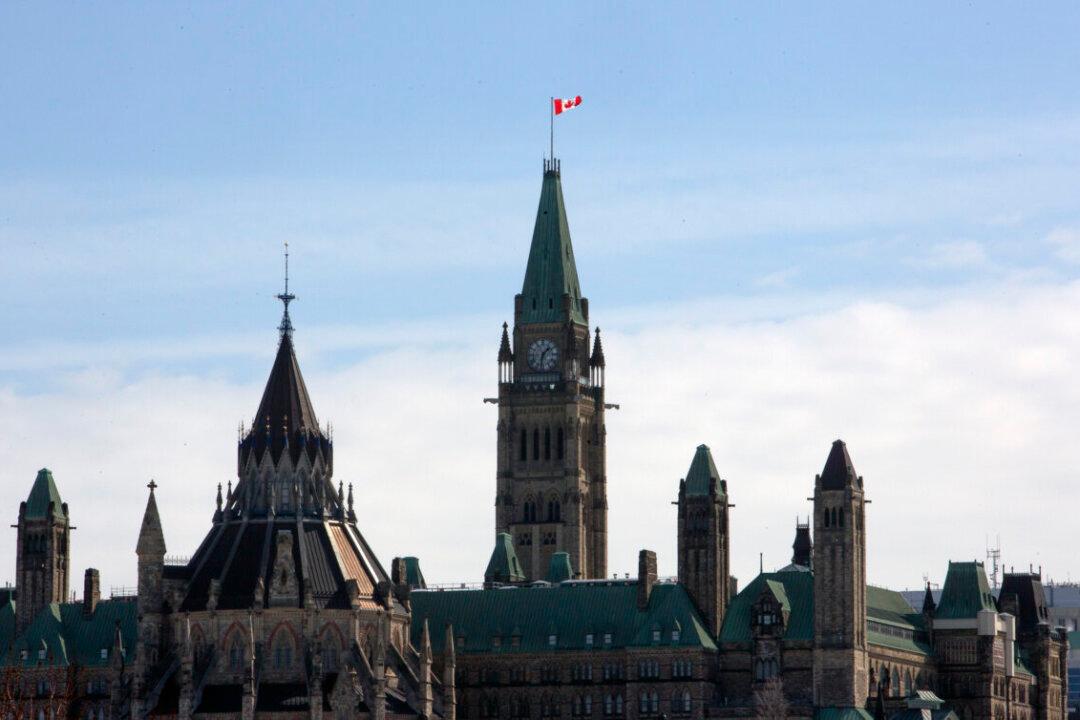The public inquiry into foreign interference in Canada’s federal elections is set to kick off its initial hearings starting on Jan. 29, 2024, the commission overseeing the inquiry announced on Dec. 22.
The first phase, spanning five days, will be held at the Library and Archives Canada building on 395 Wellington Street in Ottawa. Commissioner Marie-Josée Hogue will delve into alleged interference by China and other foreign actors impacting the 2019 and 2021 federal elections during this “factual” phase.





